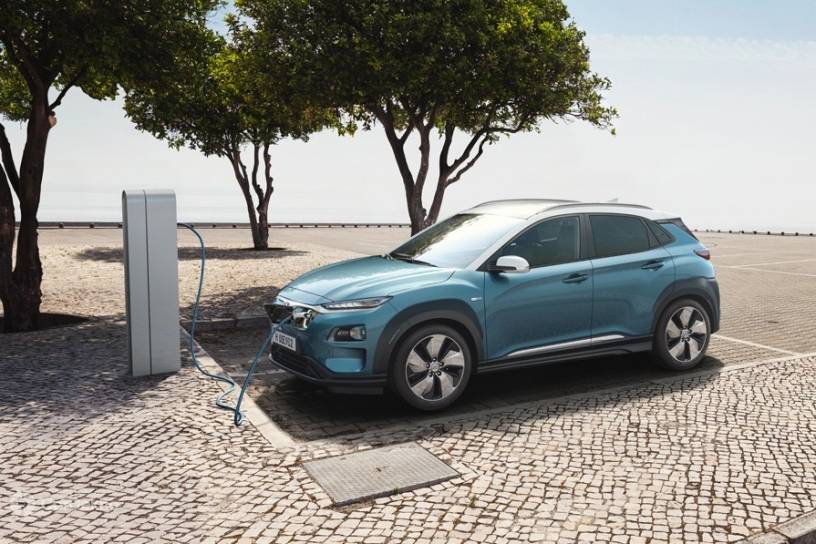Government Proposes No Road Tax For Electric Cars. Will EVs Still Be Expensive?
Modified On Jan 23, 2020 02:51 PM By Dhruv Attri
- Write a comment
Currently, road tax on a passenger vehicle in India goes upto 20 per cent of its ex-showroom value!

-
EV buyers will stand to save between 6 to 20 per cent on the ex-showroom value of their car.
-
Getting a Rs 10 lakh EV in Delhi-NCR can get cheaper by around Rs 75,000 thanks to free registration.
-
EVs ranging from Rs 10 lakh to 25 lakh to launch in India in the next couple of years.
In a bid to boost electric car adoption in India, the government has proposed waiving off road tax on new electric vehicles. If implemented, it will benefit those planning to buy an electric car. The Road Transport and Highways Ministry has floated a draft asking for suggestions and comments regarding the viability of the action.
After revoking the FAME (Faster Adoption and Manufacturing of Electric vehicles) subsidy for private electric cars this move might give a push to the upcoming new electric cars in India. Currently, the only electric car that is sold in India is the Mahindra eVerito, but it will soon be joined by a slew of new EVs. The first one will be the Hyundai Kona in July, followed by the MG eZS at the end of this year.

Both the eZS and Kona are likely to be priced around the Rs 25 lakh mark. Given that these SUVs will be of the size of the Hyundai Creta, these are almost double the value. Even the comparatively affordable upcoming EVs like the Mahindra eKUV and Maruti’s WagonR-based EV are expected to bear a price tag of around Rs 10 lakh.
Road tax exemption for EVs might look like it’s making a stronger value case for electric cars, but the convincing required in favour of picking EVs over conventional petrol and diesel-powered cars will remain high since the EV technology required is still quite expensive. Before low maintenance and cheaper-to-run EVs see some demand, these would require a push to make cheaper batteries and setting up of charging infrastructure across the public spectrum. This support for EVs along with the rising cost of diesel-powered cars post BS6 may make EVs worth a consideration as a private buyer in future.

For a simpler understanding, let’s compare the on-road price of an EV with a conventional car after the addition of road taxes. We take the expected prices of the Maruti WagonR-based EV against a Hyundai Venue’s SX dual Turbo variant in Delhi.
| Aspect |
Maruti WagonR-based EV |
Hyundai Venue SX Turbo MT |
| Ex-showroom price |
Rs 10 lakh (assumption) |
Rs 9.54 lakh |
| RTO |
0 |
Rs 73,323 |
| Price before insurance and other miscellaneous expenses |
Rs 10 lakh |
Rs 10.27 lakh |
The table above suggests that if the WagonR EV is priced at Rs 10 lakh (ex-showroom), it will turn out to be cheaper on the road than an ICE-powered car that is priced around Rs 50,000 lower before adding insurance and other miscellaneous expenses. While the WagonR EV’s running cost will be lower than a petrol-powered vehicle, it is hard to ignore its size and creature comforts deficit in comparison with the Venue. So, offering road tax waiver for EVs seems to be only a short term solution and in the long run, the adoption of EVs will only be influenced by their affordability and supporting charging infrastructure at convenient locations.

Whether the ministry goes through with this decision or not still remains to be seen. But the next couple of years appear to be the formative years for EVs and their supporting infrastructure in India.













